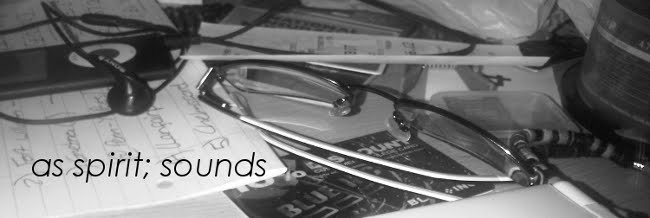 It’s a sad truth that we live in a society saturated by things tailored to inflate our egos. Personal image, consumerism, business top-down cultures and competitive sports – each of these are just examples of the way in which the self is exposed to messages which help us forget something which is possibly one of the most vital parts of being human: humility.
It’s a sad truth that we live in a society saturated by things tailored to inflate our egos. Personal image, consumerism, business top-down cultures and competitive sports – each of these are just examples of the way in which the self is exposed to messages which help us forget something which is possibly one of the most vital parts of being human: humility.Being human condemns us to faults. These faults – although resented and considered a bad thing to possess by many – are actually entirely necessary. If we had no faults, we would not have a perception of what flawlessness might be (however impossible flawlessness is to achieve). What I’m trying to get at in this post is that, yes, there is sometimes a need to be proud and show pride. However, this does not excuse arrogance. Furthermore, as writers sometimes completely lose track of their humility, their work becomes compromised as a result.
We come across the necessity of humility nearly every day: constructive criticism is just an example of how much we come to rely on failure as a means to improve. Accept it. For a writer, this is the most valuable lesson you can learn – to suffer your weaknesses and not ignore them. Despite subjectivity, it is immensely helpful to listen to what others think and to adapt your own work to reflect an acknowledgement of that. That’s not sacrificing an original goal or intention; it is absorbing and intelligently reflecting perspectives hitherto unseen by the author.
What I have noticed throughout my undergraduate course has led me to the conclusion that a writer so stubbornly committed to one idea and way of doing things – his way or no way at all – obsesses too greatly on narrow idea tracks. That is not to say that the individual creative talent is no longer necessary at all; it is the writer from which work emanates. But it’s a lazy way of doing things to ignore advice – or rather, the writer becomes lazy in his own mind without some outside stimulus poking him to attention.
The ego is ever-present and, as such, always will be a huge part of the human condition. It’s equally important to remember that at times it is best for the ego to be slightly less ‘huge’. Respect your own thoughts and beliefs by both trusting and doubting them.




Amen! My youngest fell off his bike yesterday as he practiced turning corners in the garden. He got annoyed but got straight back on because at 6, he's finally understanding that he doesn't know it all! Suffice to say, he listened to some advice from his (occasionally wise) mum, got back on and turned the corner.
ReplyDeleteI feel the same about writing. I'm not too proud to admit when a piece of writing just doesn't hit the mark and not afraid to listen to advice from (occasionally wiser) mentors! Just makes me a more rounded writer - and person.